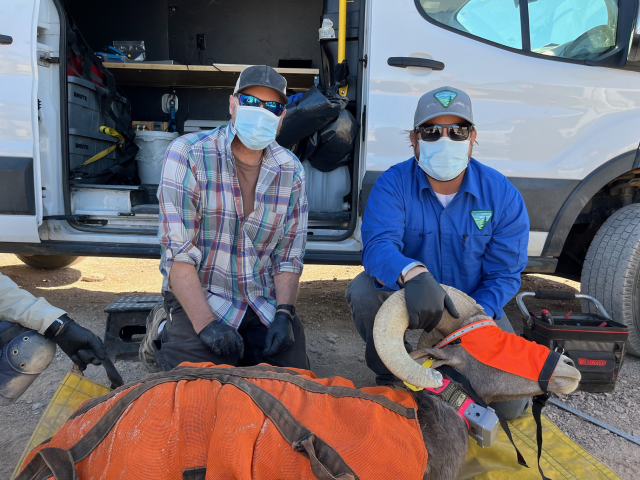Related Stories
- Smokey Bear joins Mr. & Mrs. Claus to continue LTVA annual toy giveaway
- Rural wildland firefighting partners grateful for BLM gift
- BLM Fire Team brings Smokey Bear to Kingman’s Street of Lights
- BLM hosts fire investigation training course to strengthen wildland fire investigation capacity across Arizona and the West
- Lake Havasu Fisheries Improvement Program is the gift that keeps giving
Office
7341 E. 30th St.
Yuma, AZ 85365
United States
Phone:
Email:

